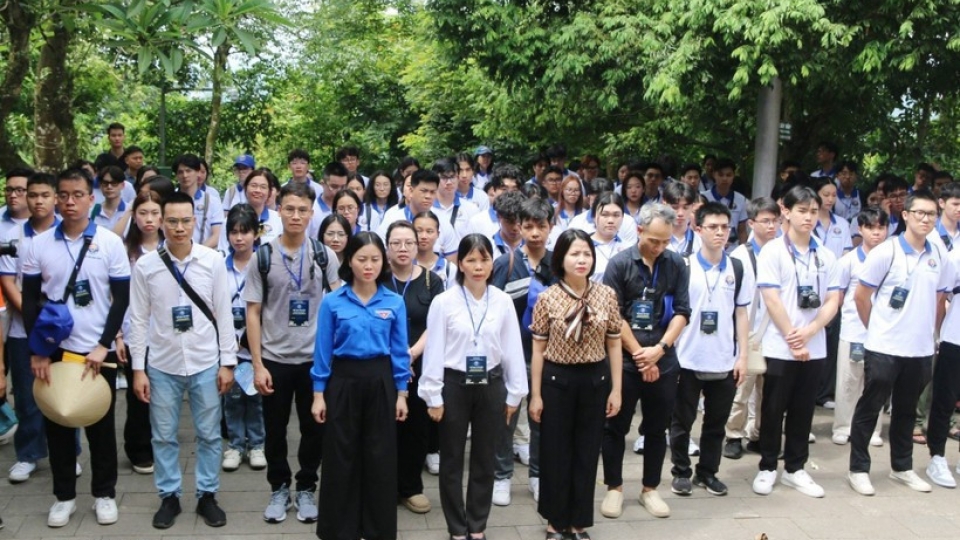HCM City experts spotlight “strategic autonomy” in Party Congress’ draft documents
Ho Chi Minh City experts have praised the draft documents for the upcoming 14th National Party Congress, which spotlights “strategic autonomy”, alongside Party and personnel building, institutional reform, as pillars of Vietnam’s next growth stage.

“Strategic autonomy” in new context
Assoc. Prof. Ha Minh Hong, Vice President of the Ho Chi Minh City Association of Historical Sciences, urged embedding “strategic autonomy” in the draft documents, stressing its translation into concrete policies spanning politics, socio-economy, culture, national defence-security, and diplomacy.
From a legal lens, Lawyer Nguyen Van Hau, head of the Vietnam Bar Federation’s media agency, said institutional reform remains a strategic breakthrough in the current context. He advocated infusing the mindset of “strategic autonomy” in lawmaking to forge a “developmental, enabling state”. According to him, leveraging digital-era innovations is essential to build a legal framework that is “simple to remember, easy to understand, and enforceable”.
Hau also pointed out existing bottlenecks that hinder progress, including overlapping and contradictory laws that delay projects and squander social resources, plus outdated “pre-control” regulations and prohibitive mindsets. He argued that “strategic autonomy” also involves the capacity to forecast and preemptively regulate emerging fields like digital economy and artificial intelligence.
Party building rooted in the public
Dr. Vu Trung Kien, deputy head of the Party Building Faculty at the Ho Chi Minh National Academy of Politics (Region II), called for an honest, objective and comprehensive reviews of past achievements and limitations, taking into account global and regional developments and feedback from domestic citizens and overseas Vietnamese. On such basis, the Party could adopt appropriate policies, avoiding general or qualitative evaluations in favour of quantifiable, evidence-based assessments.
He recommended bolstered leadership and policymaking to improve the effectiveness of personnel training and development, aligning them more closely with practical needs.
Lawyer Hau added that hitting ambitious strategic goals requires pooling the collective brainpower of the public, not relying solely on state agencies. In the “era of national rise”, he proposed new mechanisms to engage experts, scientists, practitioners, and business community from the earliest stages of policymaking, ensuring that institutional reform becomes a shared national endeavour.



